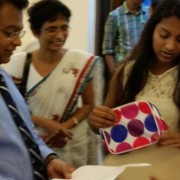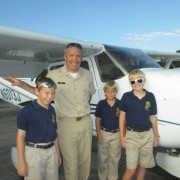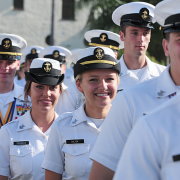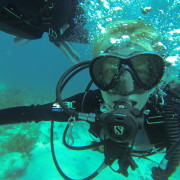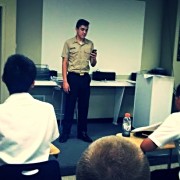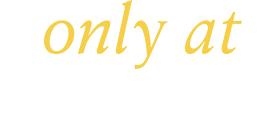Salt marsh planting; students work together to save the world
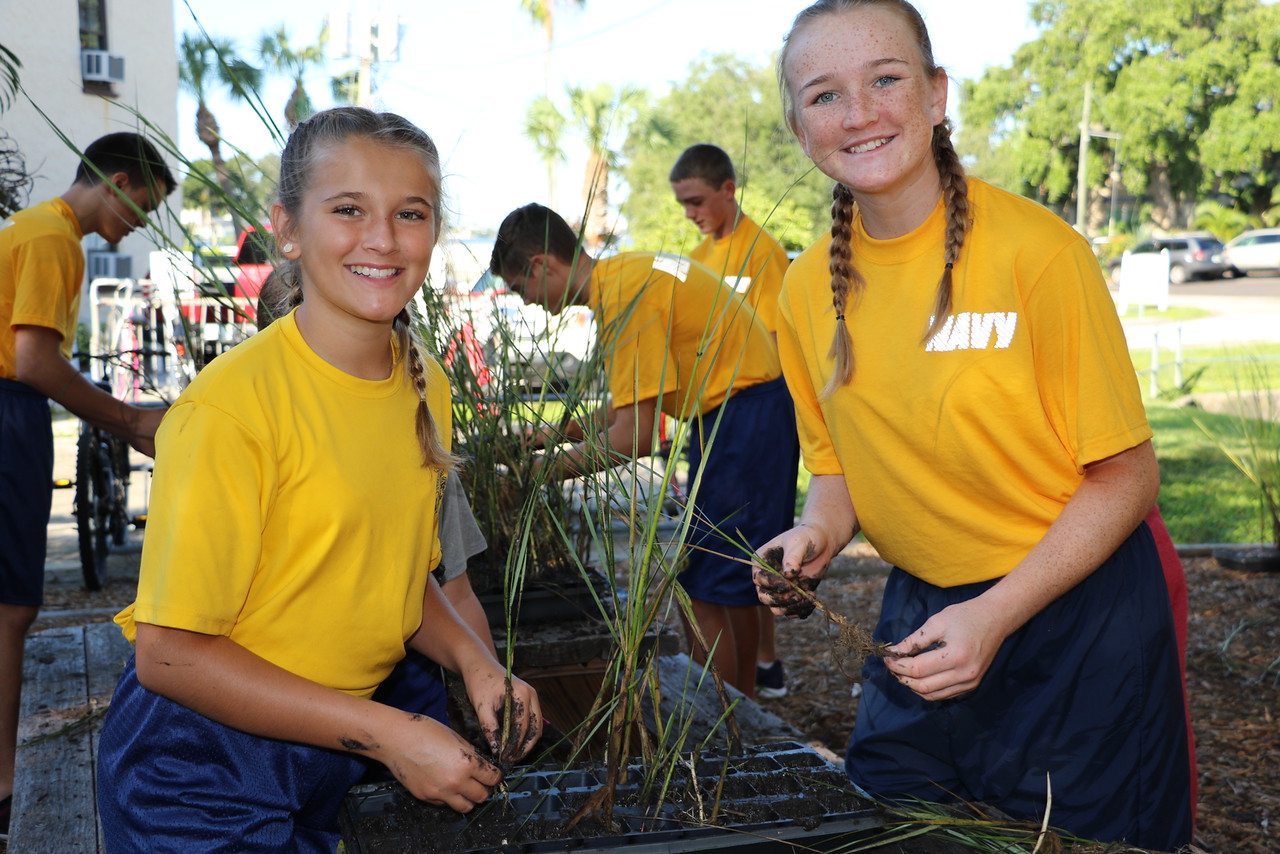
Dozens of Kindergarteners…and first-graders and second-graders, in fact the entire student body — Upper and Lower School — spent a portion of their day on September 8 getting muddy planting hundreds of plugs of salt marsh grass in the school’s nursery, which sits just outside of Sari Deitche’s biology classroom. For many, it was the first time hearing about erosion, water quality, and even the word “salt marsh,” as students, both old and young, and from all over the globe, worked together as part of the Tampa Bay Watch Bay Grasses in Classes program.
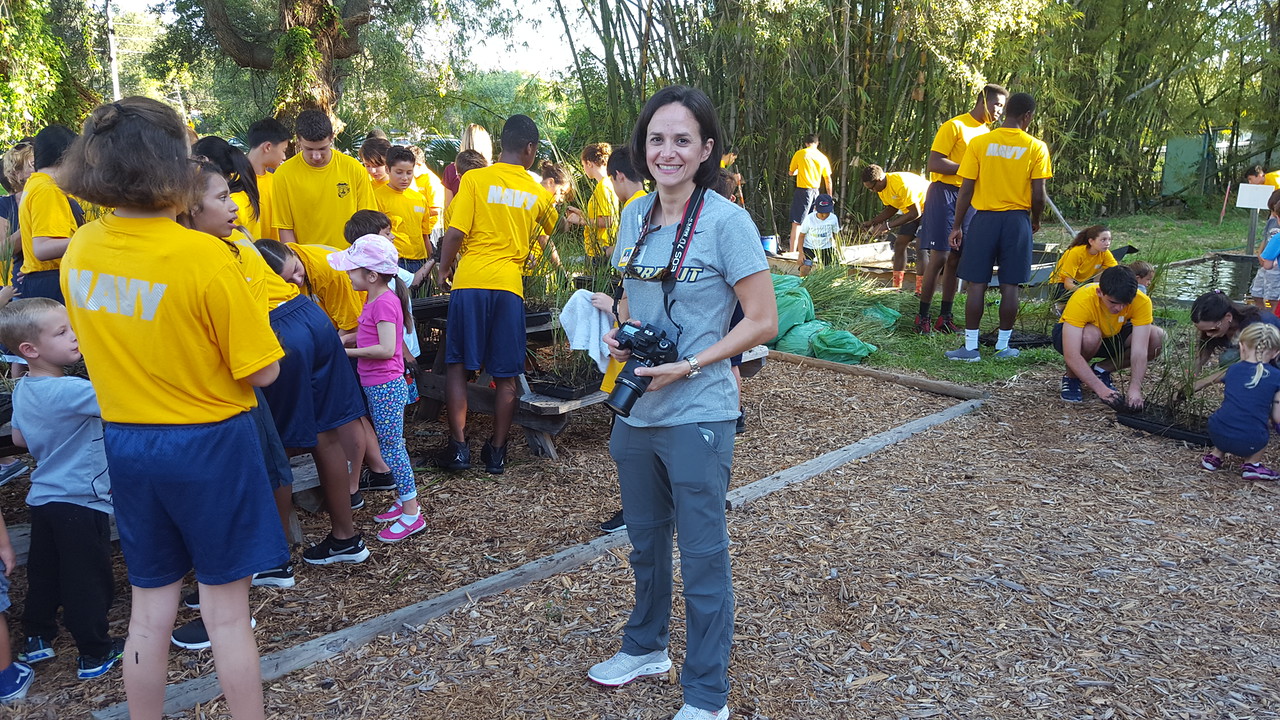
Mrs. Deitche
“This is my favorite day,” said Mrs. Deitche, who has been overseeing the Farragut portion of the program since it began 16 years ago. “It totally re-energizes me. To see the kids learn and then come to fully understand the entire process of the program is special. To see the older students guide the younger students and do what they had started is incredible.”
For Evan Schlifstein ‘19, who has been attending Farragut since the fourth grade, he appreciates having been a part of the program in its infancy. More so, though, he relishes being able to give back the type of knowledge he acquired when he was younger. “It’s really cool to see all the little kids doing all the same things we did,” said Evan, who was one of Mrs. Deitche’s Advanced Placement Biology students serving as a mentor.
“You definitely learn a lot about leadership when you’re in this type of role, helping the kids understand the top and bottom side of the plants, instructing them on how to plant them, and how important it is to the ecosystems. As someone who is young, you don’t really appreciate it unless you’re involved in something hands-on like this. It’s extremely valuable.”
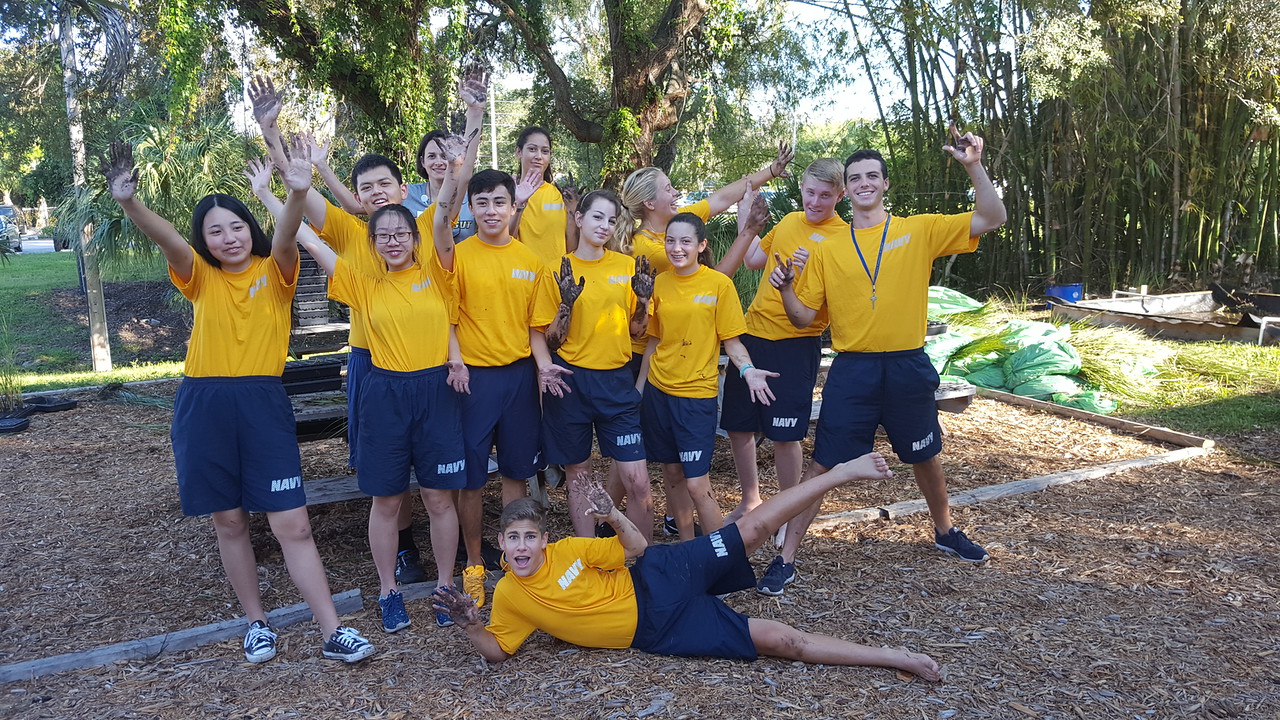
Tampa Bay Watch has been running the Bay Grasses in Classes program since 1993. Schools across Hillsborough and Pinellas counties put in countless volunteer hours each year to help restore Tampa Bay to its former glory.

The Tampa Bay Watch program aims to provide the students with hands-on experience in habitat restoration, while promoting science education and the value of maintaining a healthy environment. Under Mrs. Deitche’s guidance, the program on Farragut’s campus has grown in size and influence with Farragut playing a major role with Tampa Bay Watch, which has its headquarters in nearby Tierra Verde.
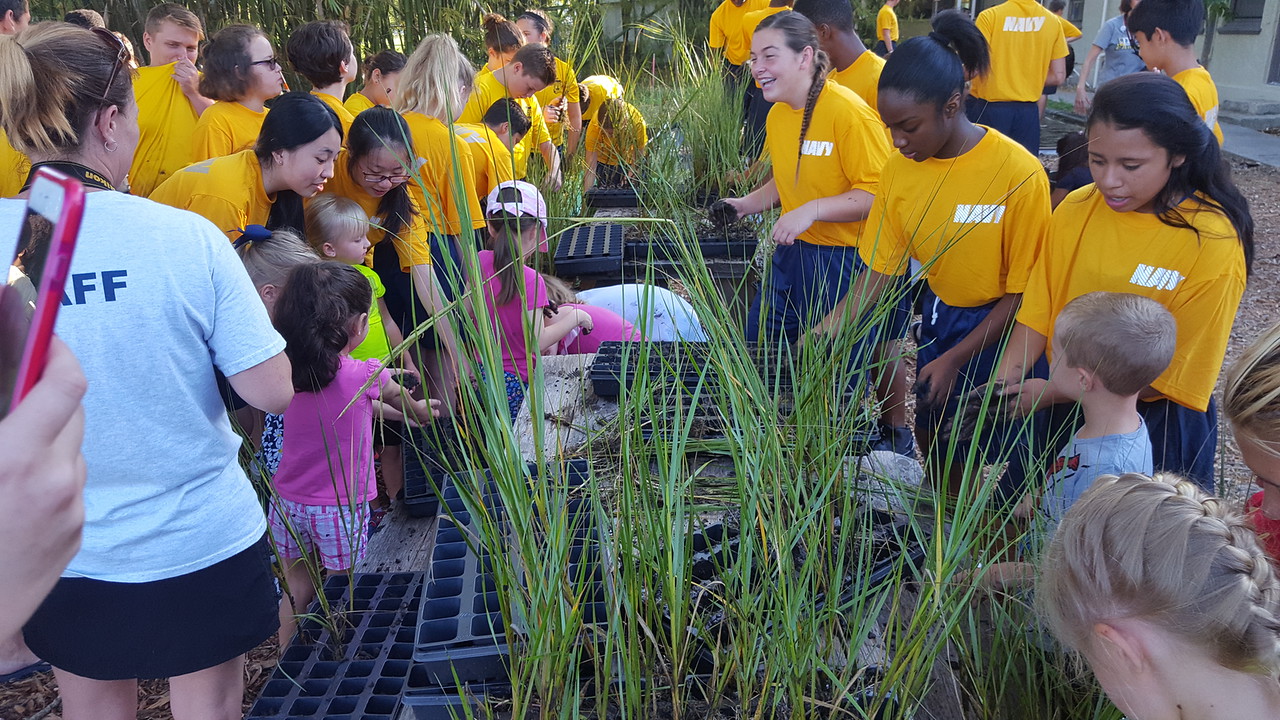
“This is an extremely valuable way to learn outside the classroom,” Mrs. Deitche said.
“Beyond just learning the subject matter, this presents an excellent way for leadership and cooperative effort. Upper school students learn to become better mentors and stewards by teaching what they’re learning. Students learn the ability to socialize correctly, away from their technology. Doing this enables them to interact with each other in a cooperative manner.”
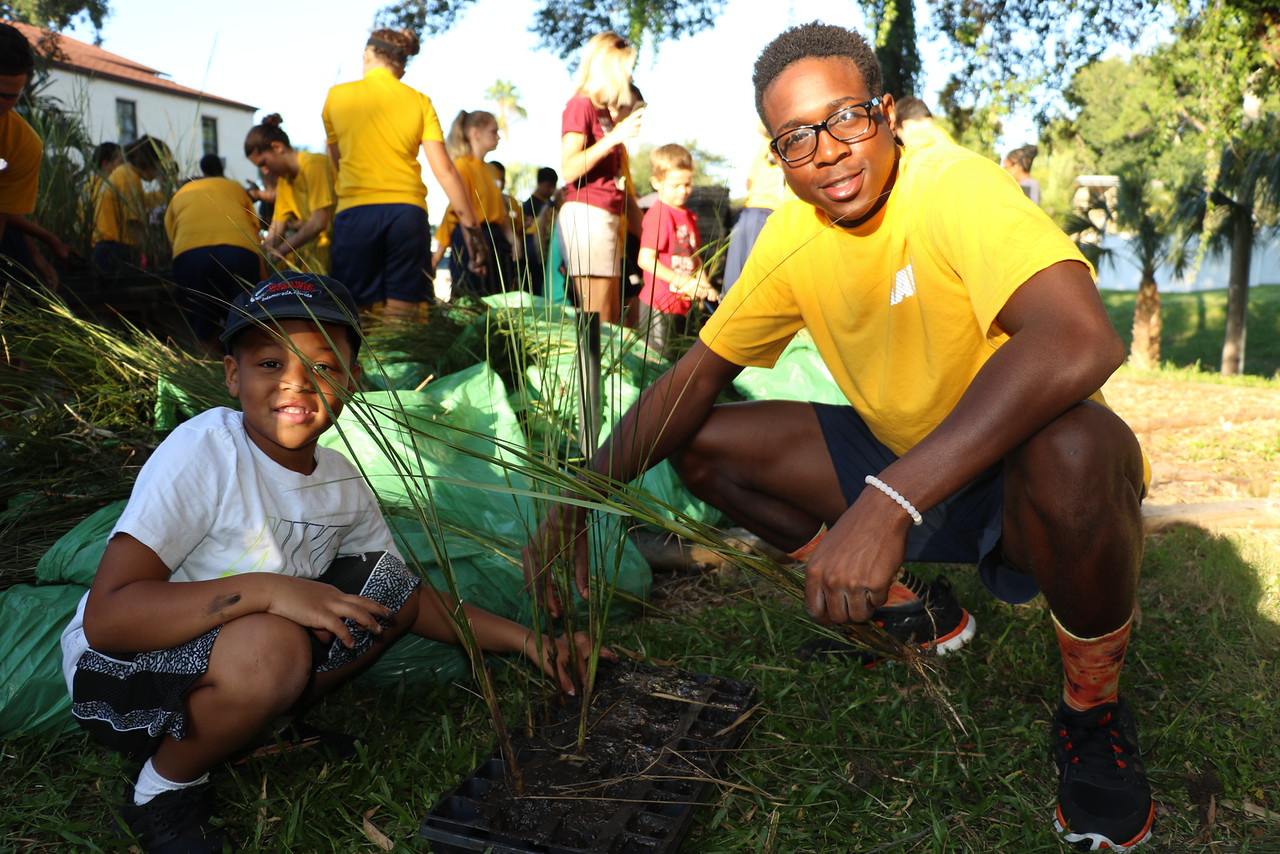
The AP Biology students will now be in charge of monitoring the salt marsh, checking the pH and nitrate levels, taking water samples, and examining organisms forming in the marsh.
The salt marsh grasses are grown on our campus until ready for a restoration project where the plants are then transplanted by our students into local sites in Tampa Bay. A portion of the plants are recycled on campus and grown for another growing season until ready to be transplanted the next season.
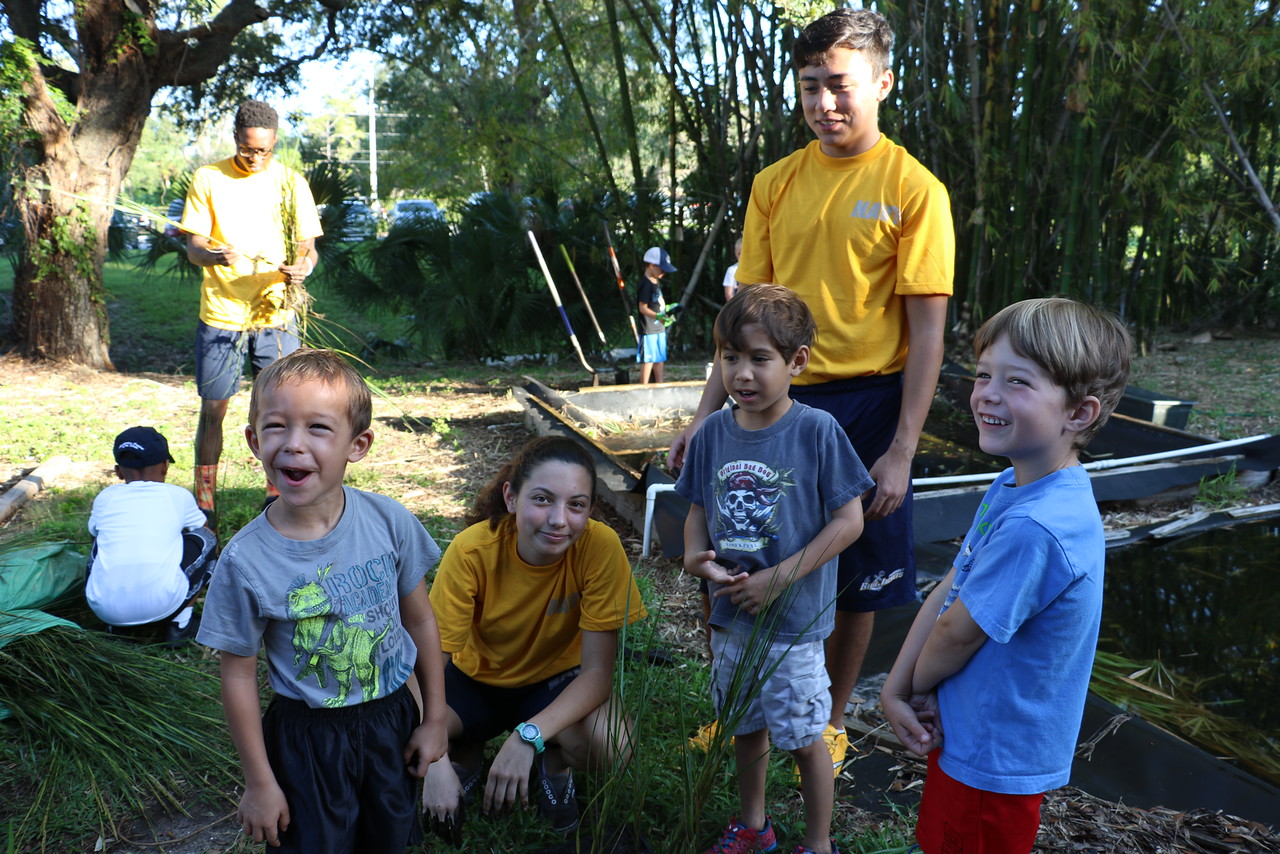
“The Bay Grasses in Classes Program and our partnership is a positive step in helping to restore salt marsh grasses and wetlands in Tampa Bay,” Mrs. Deitche said. “ Over the last 100 years, Tampa Bay has lost over 40% of its salt marsh and wetlands habitat. To have the kids know they can contribute something positive back to this world is very rewarding.”

